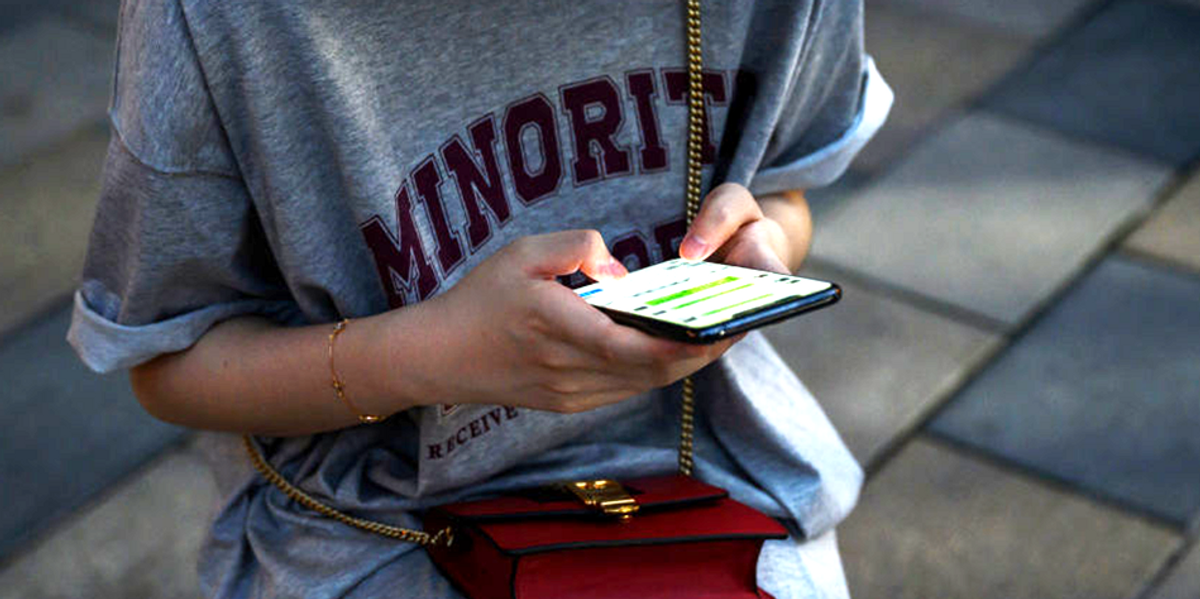A New Hampshire law that bans the sending of unwanted lewd images, also known as “cyber flashing,” has gone into effect in the state for 2023, according to the Newport Dispatch.
House Bill 1388 adds to New Hampshire’s public indecency, indecent exposure, and lewdness law, which prohibits flashing others in person. The law states it is a crime when a person “fornicates, exposes his or her genitals, or performs any other act of gross lewdness under circumstances which he or she should know will likely cause affront or alarm.”
In addition to the above, the law now includes when a person “knowingly transmits to another, who is 16 years of age or older, an image of himself or herself fornicating, exposing his or her genitals, or performing any other act of gross lewdness, when the recipient does not consent to receipt of the image.”
An advocate against domestic and sexual violence testified in favor of the law, saying that the sending of unwanted sexual images should be met with the same level of punishment no matter the age of the recipient.
In 2019, Texas made the sending of such unsolicited images illegal on apps and messaging services, teaming up with dating apps to track down online offenders.
The vast majority of states also have laws prohibiting the distribution of lewd images without the consent of the subject, otherwise known as “revenge porn laws.”
Seventeen of the 46 states with such laws consider it a misdemeanor.
According to TimCast, “roughly half (53%) of young women ages 18 to 29 say that someone has sent them explicit images they did not ask for. For many women, online harassment leaves a strong impression: 35% of women who have experienced any type of online harassment describe their most recent incident as either extremely or very upsetting, about twice the share among men (16%),” citing a Pew Research study from 2017.
More than 40% of respondents in the study say that they have personally experienced online harassment, with 70% of women agreeing that it is a “major problem.”
A majority of men (57%) said that it was “more important for people to be able to speak their minds freely online,” while just 36% of women agreed with that statement.
A Statista survey from 2017 showed that 42% of women say they have experienced sexual harassment, versus 11% of men, 27% overall.
